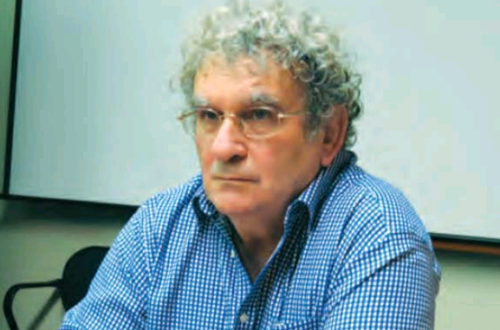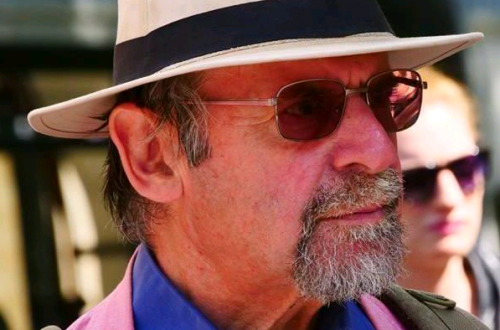Douglas Murray, writing in The Spectator about the Iran nuclear negotiations in Geneva, observes:
The mullahs did not come to Geneva because they wished to give up their capability. And they did not come to the table because after 34 years of revolutionary Islamic governance they have seen the error of their ways. They came because international sanctions were beginning to hurt. Those sanctions – which took years to put in place – have now fallen apart thanks to a few days of incompetent negotiating on the part of the P5+1 plus some simple common sense from Tehran. People tend to say at this stage that the Iranians are ‘master negotiators’. They aren’t especially. They are simply fortunate to be playing against Catherine Ashton and a generation of other weak and short-sighted American and British politicians.
That may be an unfair assessment. So, before we judge, let’s see what the US has to say in response to the following.
First of all, Iran appears now to be taking the view that America is lying about the substance of the deal. Fars News reports:
“What has been released by the website of the White House as a fact sheet is a one-sided interpretation of the agreed text in Geneva and some of the explanations and words in the sheet contradict the text of the Joint Plan of Action (the title of the Iran-powers deal), and this fact sheet has unfortunately been translated and released in the name of the Geneva agreement by certain media, which is not true,” Foreign Ministry Spokeswoman Marziyeh Afkham said on Tuesday.
She said that the four-page text under the name of the Joint Plan of Action (which has been released by the Iranian foreign ministry) was the result of the agreement reached during the Geneva talks and all of its sentences and words were chosen based on the considerations of all parties to the talks. In fact one of the reasons why negotiations between Iran and the G5+1 took so long pertained to the accuracy which was needed for choosing the words for the text of the agreement, Afkham said, explaining that the Iranian delegation was much rigid and laid much emphasis on the need for this accuracy.
Now, Iran has announced that it intends to continue building at the Arak nuclear site:
France, one of the six powers that negotiated Sunday’s landmark initial accord with Iran to curb its disputed nuclear program, said in response to Zarif’s statement that Tehran had to stick to what was agreed in the Geneva talks.
The uncompleted research reactor emerged as one of several big stumbling blocks in the marathon negotiations, in which Iran agreed to restrain its atomic activities for six months in return for limited sanctions relief. The agreement is intended to buy time for talks on a final settlement of the dispute.
Western powers fear Arak could be a source of plutonium – one of two materials, along with highly enriched uranium, that can be used for the core of a nuclear weapon – once it is operational. Iran says it would produce medical isotopes only.
According to the agreed text, Iran said it would not make “any further advances of its activities” on the Arak reactor, under construction near a western Iranian town with that name.
“Capacity at the Arak site is not going to increase. It means no new nuclear fuel will be produced and no new installations will be installed, but construction will continue there,” Zarif told parliament in translated comments broadcast on Iran’s Press TV.
When asked about this, French Foreign Ministry spokesman Romain Nadal said: “In the interim accord, the Arak reactor is specifically targeted and the end of all work at this reactor. In the agreement and the text, which has been approved by the Iranian authorities, the Arak reactor is clearly targeted.”
What will Obama do?
Here is the administration’s first reaction:
State Department spokeswoman Jen Psaki says she isn’t sure what work Zarif meant. She says road or building work might be allowable. But nuclear fuel production, reactor work, testing, control systems advances and other activities aren’t permissible.
The concern is that Iran will simply carry on any controversial work offsite from Arak, so that it can be installed the minute the deal collapses.


